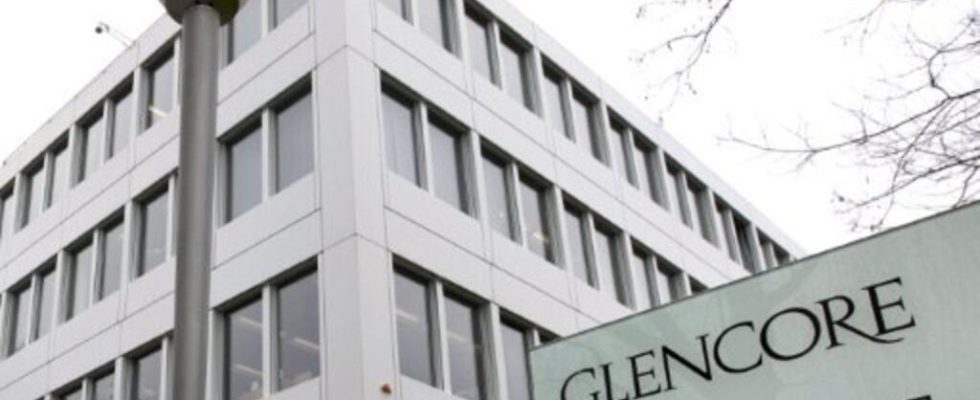Since the beginning of the month, Cameroon’s governance of oil, gas and minerals has been examined by ITI, the Extractive Industries Transparency Initiative. A periodic evaluation of States which lasts several weeks, and which is called “Itie validation”. But since the last assessment in 2021, the Glencore affair has shed light on a vast international corruption scheme, in which two companies from Cameroon appear to be involved.
3 mins
In 2021, the Itie noted “ significant progress » and makes recommendations. But since then, the “Glencore affair” has had a worldwide impact. In 2022, the Anglo-Swiss commodities trading giant was sentenced in the United States and the United Kingdom. Glencore admitted to having corrupted civil servants for more than ten years to obtain contracts or avoid audits in several countries including Cameroon.
The ITI, at the international level, has asked the governments concerned “ to intervene quickly to take appropriate measures. » But to date, in Cameroon, no one has been implicated in this case. However, Glencore admitted to having paid bribes to agents of the National Hydrocarbons Company of Cameroon, SNH, as well as agents of the National Refining Company, Sonara. But the two state-owned companies still say they are waiting. evidence of these allegations. »
For the first time, the Cameroonian aspect of this sprawling affair was debated at length during a session of the national committee of Itie Cameroon, on August 30 and 31 at the Mont-Fébé hotel in Yaoundé. The report of the discussions has just been posted online on the Itie Cameroon website on Tuesday October 3. The resolution specifically drafted on the case has not yet been published.
Civil society represented during the discussions asks the government to do everything possible to establish responsibilities in a matter which, according to them, “has tarnished the image of the country and caused significant losses of revenue for the State. »
In April, during its pre-validation mission to Cameroon, the International Secretariat of the Extractive Industries Transparency Initiative (Itie) expressed concerns to the SNH and expressed the wish that the oil company national publishes the evidence of its legal proceedings.
Read alsoTrader Glencore sentenced in London for corruption in Africa
In this international system of criminal corruption on the scale astonishing » according to the description of the American prosecutor, the SNH considers itself to have been a victim.
The National Hydrocarbons Company declares that it has seized the British and American courts to obtain evidence and the names of the agents who would be “ incriminated “. She claims that Glencore presented her with a “ anonymity clause “. The SNH ensures that it is continuing its investigations internally and asks Itie International to support it in obtaining the lifting of this anonymity clause.
The representative of Glencore Exploration Cameroon, during the debates at the end of August, referred any concerns to the group’s London headquarters.
The Cameroonian presidency indicated that it had been contacted by the administrator-director-general of the SNH, Adolphe Moudiki, to request the opening of an investigation. “ The legal process is underway » can we simply read in the report, without further details.
Civil society organizations that are members of the Itie Cameroon committee are calling on the authorities to immediately take steps with Glencore to recover compensation, as the Democratic Republic of Congo has already done. In December 2022, as part of an agreement, Glencore committed to paying $180 million to the DRC.
On May 26, 2022, Helen Clark, the chair of the board of directors of the organization, based in Oslo, asked “the governments of EITI member countries, in particular those of Cameroon, Ivory Coast, DRC and Nigeria (…) to intervene quickly and put in place measures », recalling that “ accusations relating to bribes carried out through intermediaries in order to obtain contracts with state companies ” were “ incompatible » with the commitments made « in terms of transparency and accountability. »
